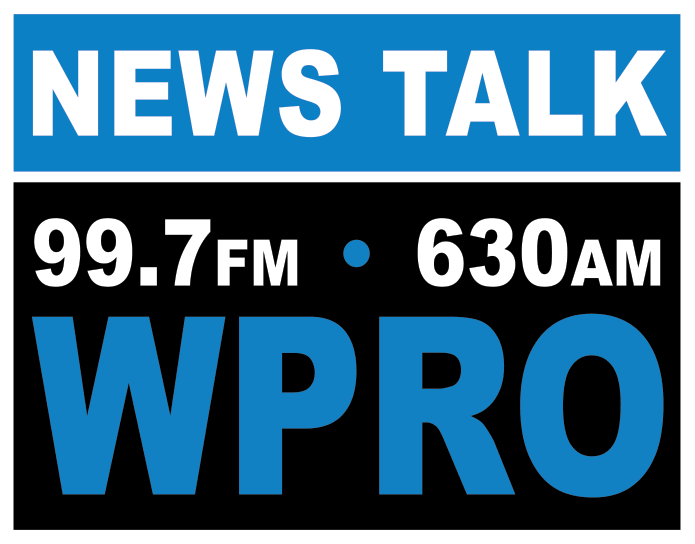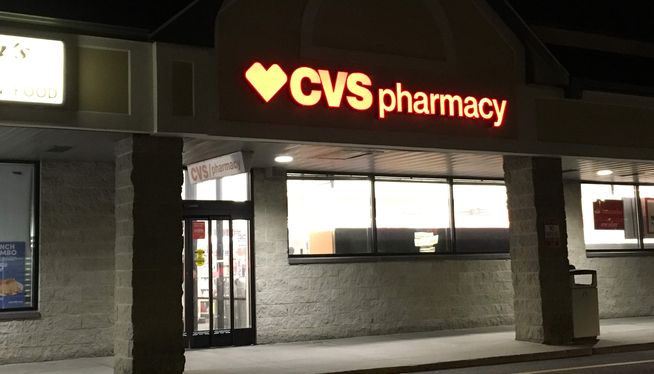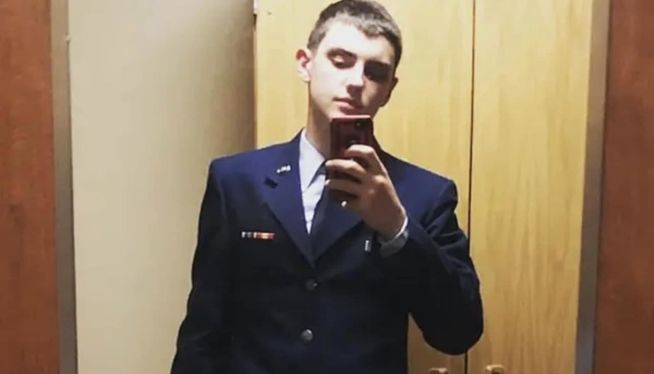Some residents, like those in Providence, are required to clear sidewalks of snow and ice or else face a fine. Whether it's something you have to do, or want to do, snow shovelling and removal can be taxing on the body. Here are some tips from the American Heart Association on how to safely shovel snow:
To help make snow removal safer, here is a list of practical tips.
- Give yourself a break. Take frequent rest breaks during shoveling so you don’t overstress your heart. Pay attention to how your body feels during those breaks.
- Don’t eat a heavy meal prior or soon after shoveling. Eating a large meal can put an extra load on your heart.
- Use a small shovel or consider a snow thrower. The act of lifting heavy snow can raise blood pressure acutely during the lift. It is safer to lift smaller amounts more times, than to lug a few huge shovelfuls of snow. When possible, simply push the snow.
- Learn the heart attack warning signs and listen to your body, but remember this: Even if you’re not sure it’s a heart attack, have it checked out (tell a doctor about your symptoms). Minutes matter! Fast action can save lives — maybe your own. Don’t wait more than five minutes to call 9-1-1
- Don’t drink alcoholic beverages before or immediately after shoveling. Alcohol may increase a person’s sensation of warmth and may cause them to underestimate the extra strain their body is under in the cold.
- Consult a doctor. If you have a medical condition, don’t exercise on a regular basis or are middle aged or older, meet with your doctor prior to exercising in cold weather.
- Be aware of the dangers of hypothermia. Heart failure causes most deaths in hypothermia. To prevent hypothermia, dress in layers of warm clothing, which traps air between layers forming a protective insulation. Wear a hat because much of your body’s heat can be lost through your head.
- Learn CPR. Effective bystander CPR, provided immediately after sudden cardiac arrest, can double or triple a victim’s chance of survival. Hands-only CPR makes it easier than ever to save a life. If an adult suddenly collapses, call 9-1-1 and begin pushing hard and fast in the middle of the victim’s chest until help arrives.
For detailed forecasts and up-to-the-minute closings and information, visit our Operation Snowball page.












